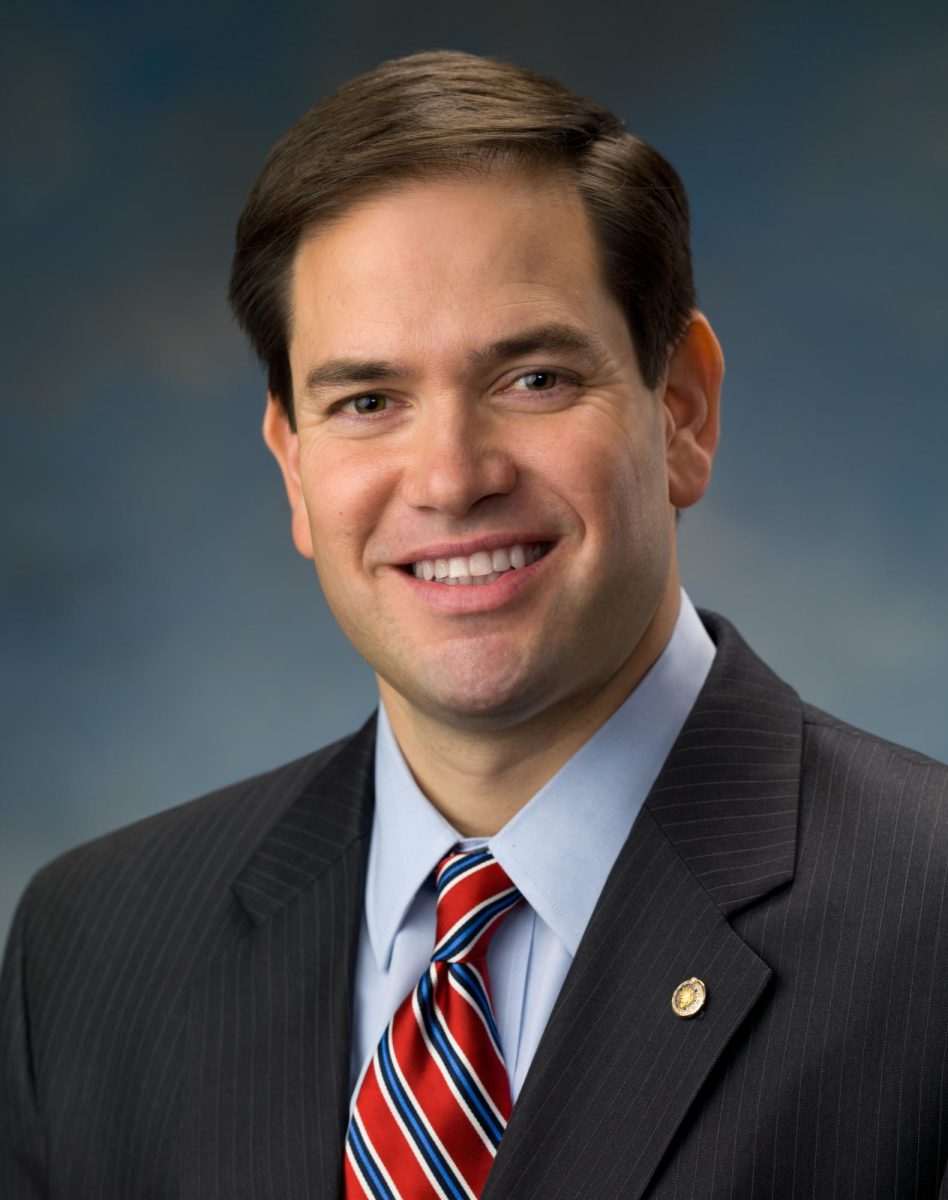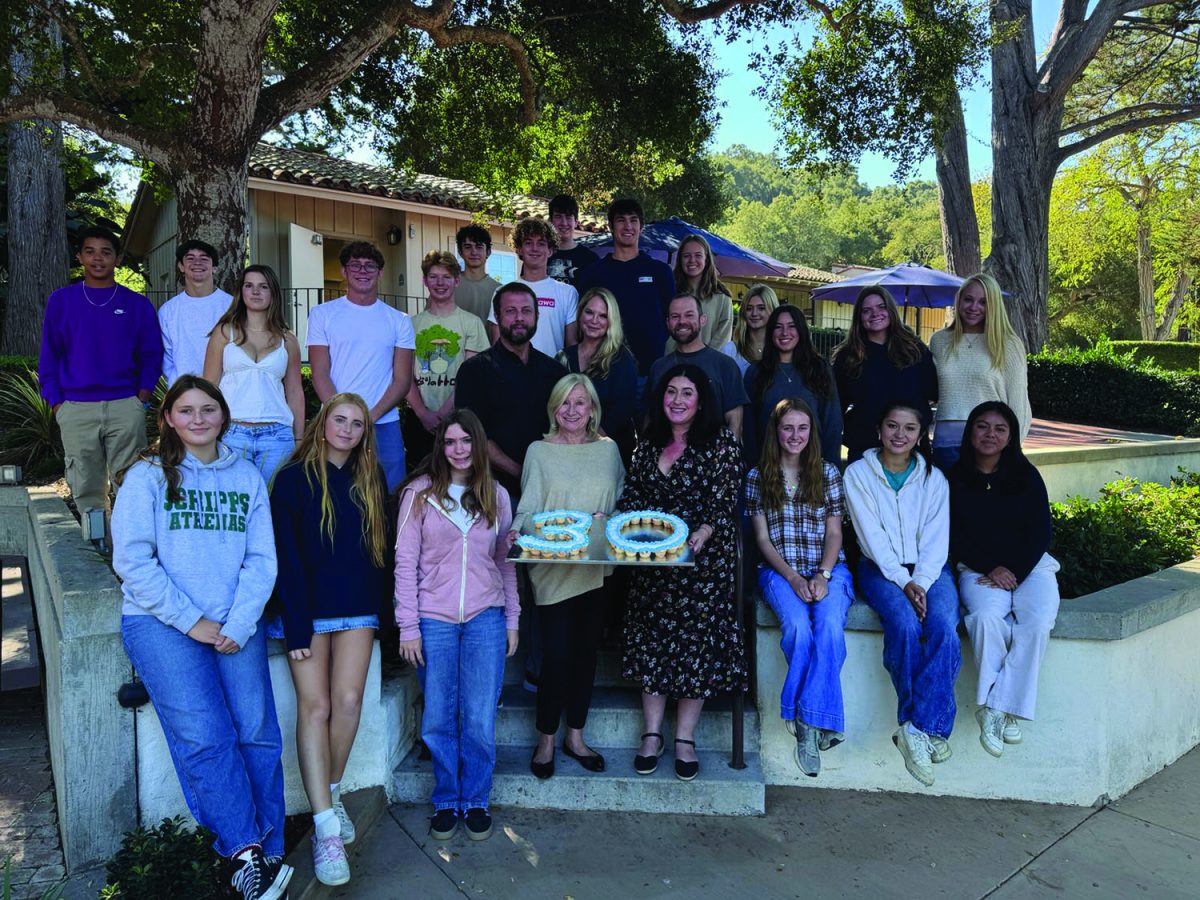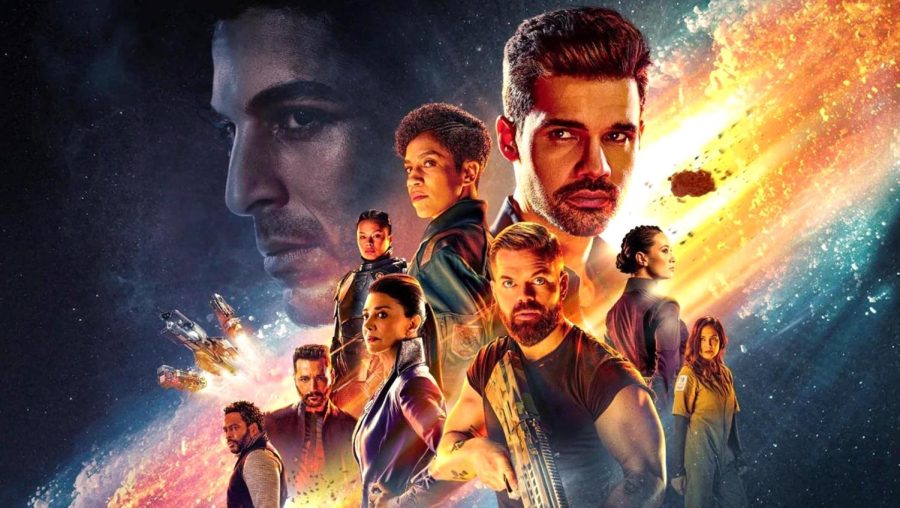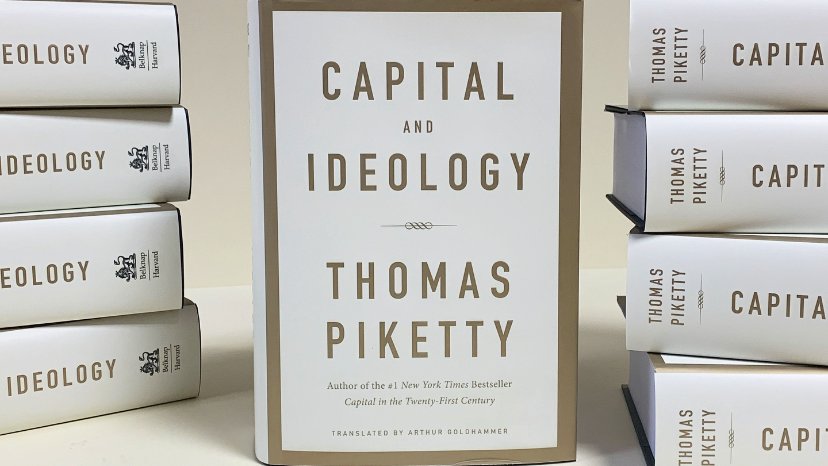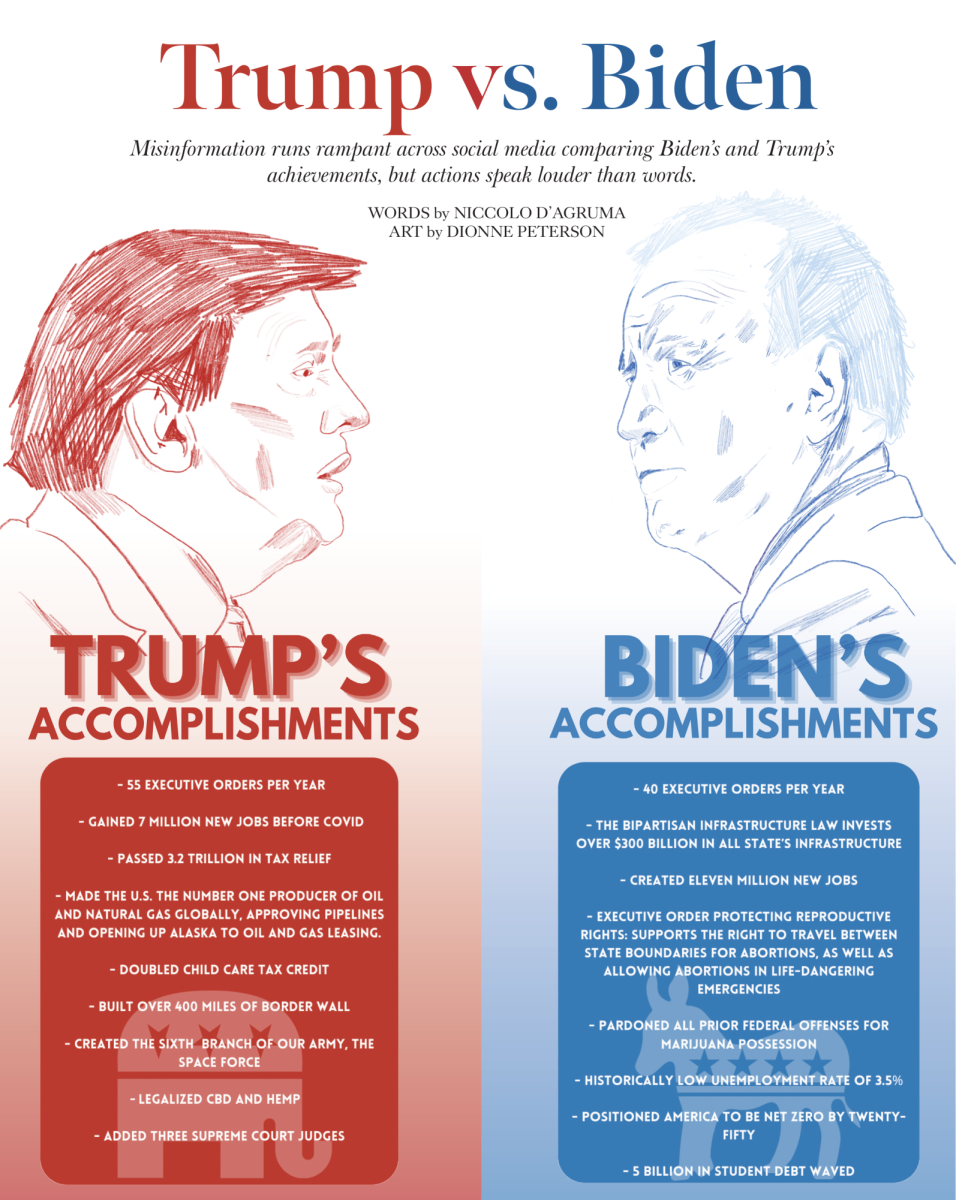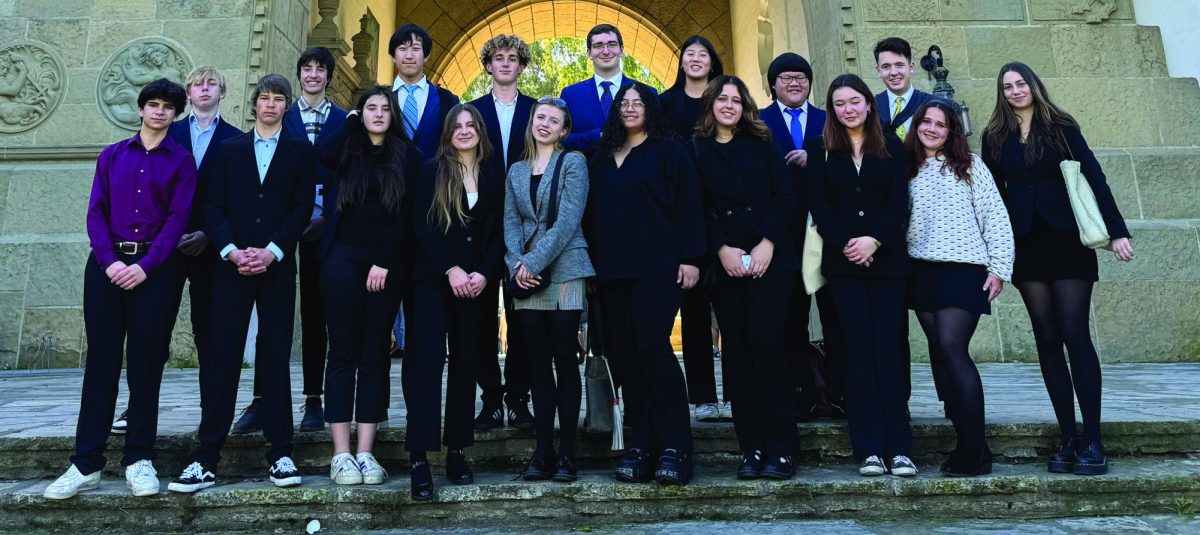As the dust settles on the whirlwind of a presidential election, it’s clear that this race reshaped the political landscape through its tactics and the strong reactions it ignited. It did not surprise voters when Donald Trump, the favorite in the GOP primary, snagged the Republican nomination. Soon after, President Biden launched his campaign with Vice President Kamala Harris as his running mate. The two presidential candidates came together in June for the first general election debate hosted by CNN. Media pundits found his speech incoherent, leading to public backlash and forcing Democrats to call for his withdrawal from the 2024 presidential race eventually. Texas representative Lloyd Doggett told CNN, “[Biden needs to step aside in favor of a stronger candidate. I felt that the moment that I heard that debate.” Public calls for his resignation piled up, yet Biden continued his campaign. Only two weeks after the pivotal debate, there was an assassination attempt against Trump. While Trump and his team took this as an opportunity to show vigor, many worried about what this spike in political violence would mean for the nation. Comparative Religion instructor Al Silva shared his opinion on the political rhetoric of the 2024 presidential election. “My take is that our political rhetoric, especially in public discourse, has become increasingly violent—and, as a result, you see people acting out in more violent ways. And there’s some empirical connection between [an] increase in violent rhetoric [and an] increase in violence within a society, and part of what’s most frustrating,” Silva notes, “is that most of the finger-pointing from each side misses the point. While each side has been alarmist about the other, it seems to be turning into a competition of who can be more self-righteous without even turning an eye toward empathy.” Soon after the attempted assassination of Trump, Biden officially dropped out of the presidential race and endorsed Vice President Kamala Harris. As both candidates fought to get ahead in the race, they announced the critical choice of who would be their running mates. Harris chose Minnesota Governor Tim Walz, and Trump chose Ohio Senator JD Vance. Politico reports that “Harris appreciated Walz’s two terms as governor because he had accomplishments in Minnesota that Harris wants to replicate in her presidency—access to reproductive health, paid leave, child tax credits, and gun safety.” Although the decision to run alongside Vance came a day before the deadline to pick a running mate, Trump made his decision despite opposition from the GOP. “[Vance] can help me govern. [He] can help me win. [He] can help me in some of these Midwestern states like Pennsylvania, Michigan, etc.,” Trump said. As the race continued, both candidates turned toward major media and political figures in hopes of rallying enough support from the public to surpass their competition. In hopes of gaining considerable public support, Trump called upon longtime donor and businessman Elon Musk. Known for his eccentric personality, Musk has recently become the center of media attention after being crowned the wealthiest man alive. Trump attempted to garner votes from the younger demographic by appealing to them through interviews with famous figures such as internet star Logan Paul, comedian Theo Von, and online steamer Adin Ross. Trump isn’t the only candidate making a play for Gen Z’s votes. Harris has added elements to her campaign to appeal to a younger demographic. Harris calls upon many public figures and celebrities, including Beyonce, former president Barak Obama, and former first lady Michelle Obama. Harris also took hold of a new tactic never seen before by a presidential candidate, TikTok. Famously known as Kamala HQ, the TikTok page is known for its trendy topical content, garnering over 4 million followers. As both candidates fight for battleground states each is altering traditional political tactics in order to gain support from younger demographics.
Fighting for America’s Future
In the wake of the presidential election we take a look back at the campaigns.
November 20, 2024
0
Donate to The Fourth Estate
$50
$500
Contributed
Our Goal
Your donation will support the student journalists of Laguna Blanca School. Your contribution will allow us to purchase equipment and cover our annual website hosting costs.
More to Discover
About the Contributors
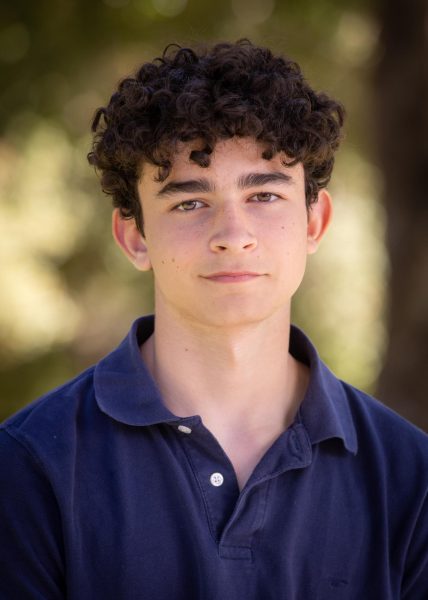
Niccolo D'Agruma, Managing Editor, Feature Editor
Niccolo D'Agruma, a current Sophomore and Fourth Estate Co-News Editor, joined the publication in the fall of 2022. He has written about topics that he considers interesting and captivating throughout his time at the paper. He is interested in acting, engineering, creative writing, urban planning, current social and economic issues, and more inside and outside The Fourth Estate.

Sofia Ramirez, Co-Editor-in-Chief, Co-A&E Editor
Sofia serves as the Co-Editor-in-Chief and Co-Arts and Entertainment editor of The Fourth Estate. Sofia loves to express herself through her coverage of social issues. She is a senior takes great joy in studying the humanities. On her off time Sofia loves to read and emerge herself in her community through volunteer work.





